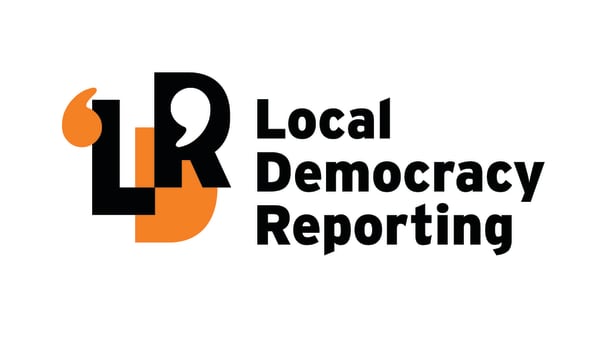Forestry companies could face a rate hike to cover legal costs as well as a “pay as you go” levy to cover road damage, under a Gisborne District Council proposal.

While committing to investigate these funding options from forestry to help cover sector-related costs, the council has also adopted a higher roading-targeted differential of 13.75, up from 12.5, and a new woody debris-targeted rate.
Mayor Rehette Stoltz said during deliberations for the three-year plan on Tuesday: “Part of our job is to investigate whether we are doing our jobs in the best possible way.
“Are our rate systems fit for purpose?
“At this stage, if we prosecute a company, we do not cover our costs with the small amount under the law that they are allowed to be fined,” she said.
Council chief executive Nedine Thatcher Swann said for every $1 million spent on legal and investigation fees, “you may get $250,000 back”.
If the Resource Management Act changed, the additional targeted rate for court and prosecution costs might not proceed, she said.
If there were changes, Thatcher Swan said fines from successful prosecutions might cover council costs.
The council will also investigate introducing a forestry levy for road repairs.
For forestry companies, this would more likely align the charges for road damage with when they received revenue, compared with the targeted rate based on property values.
“A forestry levy would be a ‘pay as you go’ or ‘user pay’ principle,” a council staff report said.
According to the report, the council’s current rating model was based on “rates are a tax”.
”[While] industries damaging the roads are paying, individual ratepayers are not paying for specific damage they cause,” said the report.
Deputy Mayor Josh Wharehinga said: “Our community expects us to investigate ways to make forestry pay.
“I’m happy for us to investigate these potential new targeted rates to recover legal and prosecution costs for forestry damage.
“The ratepayer has had to carry the burden between the difference of the legal costs, and the fine that we get back.
“This is not saying we are going to make a decision right now. This says to our community we are going to investigate this.”
Councillor Debbie Gregory wanted to know the impact rate options would have on the region.
“At this stage, our economy depends on the forestry industry.
“This feels like a knee-jerk reaction to the weather,” she said.
Chief financial officer Pauline Foreman said the changes wouldn’t be implemented until the 2025/26 year.
“It would be within the annual plan of year two.”
Before the council made the final decision, they would be given modelling to see the overall impact, she said.
There were only two options to create a forestry levy, Foreman said — to create a bylaw, or an Act of Parliament if it was an order of council.
“The bylaw is more problematic because you have to capture every truck that occurs in that area — you can’t differentiate one from another,” she said.
The report said: “Forestry would not be able to be singled out; all heavy users would need to be factored into fees and charges.
“A change in legislation to have a localised solution is the most transparent way of raising a levy in the future.”
The report said the previous Government had said there would be no new localised funding legislation, however, the new central Government had “signalled a willingness to look at new funding options”.
A new targeted rate for woody debris removal has been set at 70 per cent for the forestry industry, as research has shown that exotic pine makes up between 69 to 86 per cent of woody debris found in the Uawa and Waimatā catchments.
Pastoral farms will cover 15 per cent, and the other 15 per cent will be a public good component collected from the community.
The council aims to adopt its three-year plan, based on recommendations from Tuesday’s deliberations, on June 27.











1 comment
JOIN THE CONVERSATION
Read and post comments with a
Newsroom Pro subscription.
Subscribe now to start a free
28-day trial.